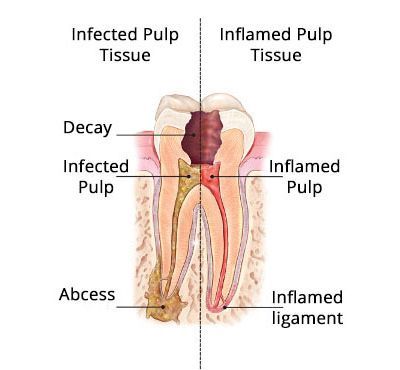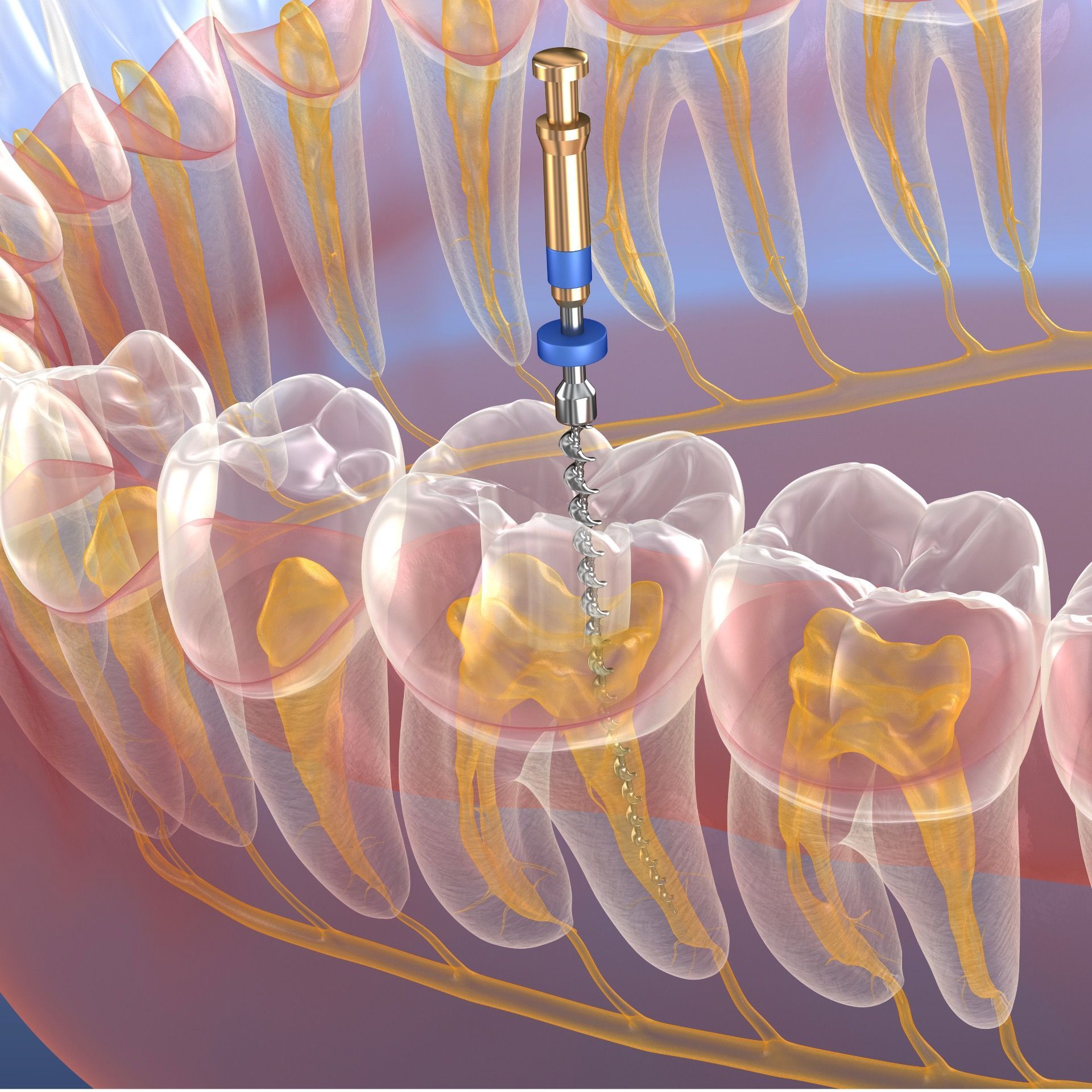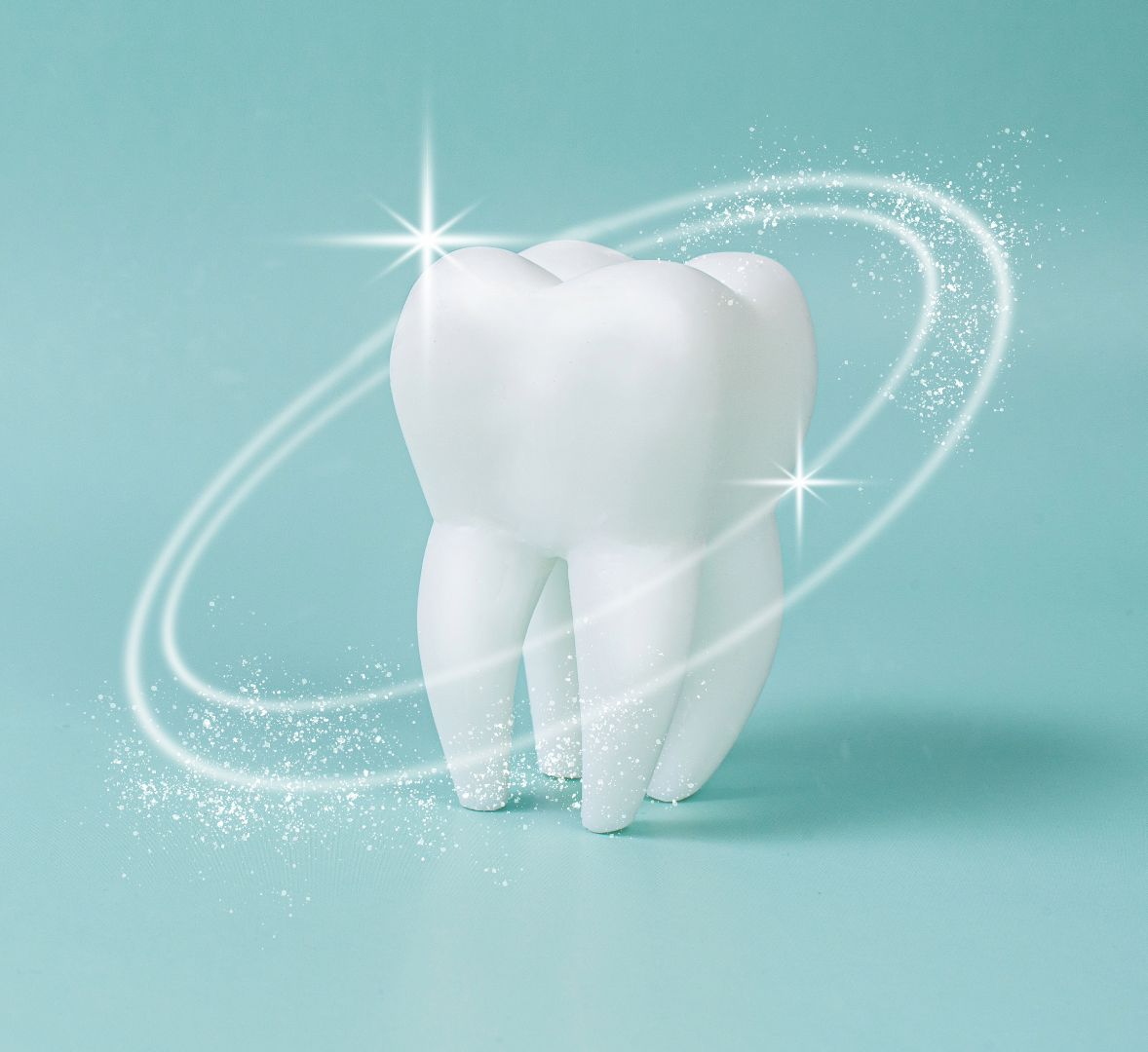539 Medical Oaks Ave. Suite #2,
Brandon, FL 33511
|
OUR
ROOT CANAL
SERVICES
|
ROOT CANALS
|
Has your dentist or endodontist told you that you need root canal?
If so, you're not alone. More than 15 million teeth are treated and saved each year with the root canal!
WHAT IS A ROOT CANAL?
“Endo” is the Greek word for “inside” and “odont” is Greek for “tooth.” Endodontic treatment treats the inside of the tooth. Root canal treatment is one type of endodontic treatment.
To understand endodontic treatment, it helps to know something about the anatomy of the tooth. Inside the tooth, under the white enamel and a hard layer called the dentin, is a soft tissue called the pulp. The pulp contains blood vessels, nerves and connective tissue and creates the surrounding hard tissues of the tooth during development.
The pulp extends from the crown of the tooth to the tip of the roots where it connects to the tissues surrounding the root. The pulp is important during a tooth’s growth and development. However, once a tooth is fully mature it can survive without the pulp, because the tooth continues to be nourished by the tissues surrounding it.

ROOT CANAL TREATMENT
A root canal treatment is a dental procedure to remove inflamed or infected pulp on the inside of the tooth which is then carefully cleaned and disinfected, then filled and sealed. Root canal treatment is designed to eliminate bacteria from the infected root canal, prevent reinfection of the tooth and save the natural tooth.
A modern root canal treatment is nothing like the old days! It's very similar to a routine filling and can usually be completed in one or two appointments, depending on the condition of your tooth. Getting a root canal is relatively painless and extremely effective. Saving the natural tooth with root canal treatment has many advantages like natural appearance, normal biting force, efficient chewing, protects other teeth from excessive wear or strain.
WHAT TO EXPECT
YOUR FIRST ROOT CANAL VISIT
|
-
Endodontic First Visit
Your initial appointment will consist of an exam explaining your diagnosis and treatment options. We will ask questions about what you are experiencing and the history of your tooth to determine your best course of endodontic treatment. Plus, we will use our high-tech imaging technology—including x-rays and 3D Cone Beam technology—to help us get a better picture of what is happening inside your mouth. Depending on availability, necessary treatment may be done that same day.
Please assist us by providing the following information at the time of your consultation:
- Your referral slips and any x-rays if applicable.
- A list of medications you are presently taking. Please alert the office if you require medication prior to dental cleanings (i.e antibiotics, for pre-med.)
- If you have dental insurance, bring the subscriber’s ID and group numbers, as well as their employer’s information and the insurance company’s name.
IMPORTANT: A parent or guardian must accompany all patients under 18.
-
After Completion of Your Root Canal
Endodontic treatment for this tooth has now been completed. However, the outer surface is sealed only with a temporary filling. To protect your tooth against fracture, decay, and failure of the root canal, please make an appointment with your dentist for a permanent restoration within 30 days. A complete report of treatment will be sent to your general dentist.
Your tooth may be sore for 3 to 5 days as a result of the manipulation during treatment. Every patient is different, so that means your level of discomfort will be different from other patients—and this is totally fine. It’s possible that you could experience discomfort for as long as 2 weeks. The more your tooth hurts when you bit down or chewed before the procedure, the more tender it will be afterward. As long as your discomfort lessens every day, you are headed in the right direction and don’t need to be concerned! Rinse with warm salt water to help with the healing on the gums.
You can take ibuprofen (Advil), acetaminophen (Tylenol), as directed. If your pain isn’t responding to these medicines, please contact our office as soon as possible.
FAQ
If you're considering getting a Root Canal, you might have some questions about the cost, what the procedure is like, and what to expect after it's done. It's always a good idea to talk about any concerns you have with your dentist or endodontist before you go ahead with any dental procedure. That way, you can feel more comfortable and confident about your decision.
|
Let’s talk!
Have a question? Let us know.
813-557-4806
539 Medical Oaks Ave. Suite #2,
Brandon, FL 33511




